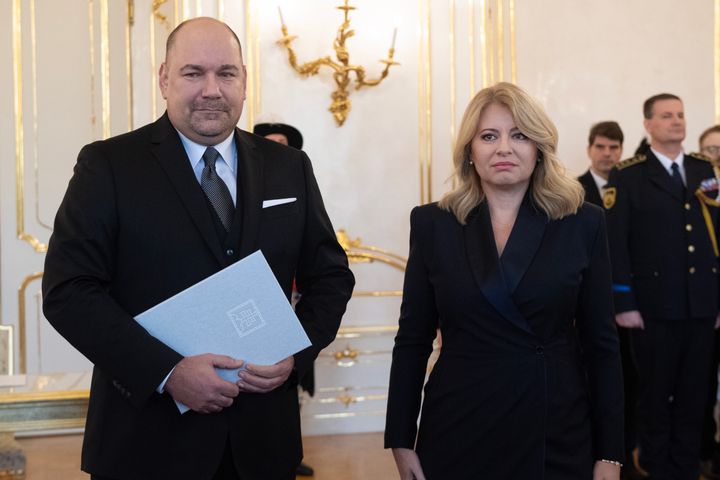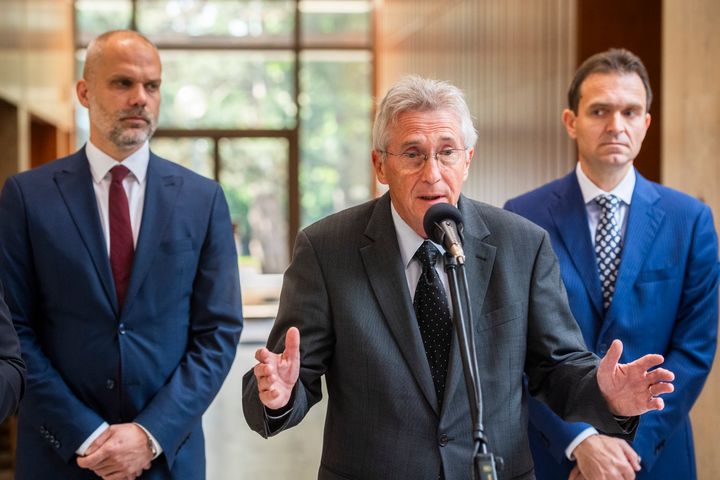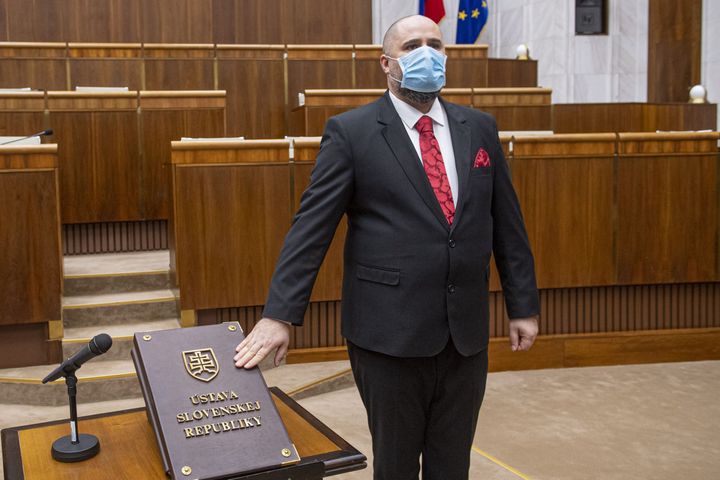Smer, SNS, Most-Hid and Siet Ink Government Programme Priorities

Bratislava, March 15 (TASR) – Following talks between three-member delegations on Tuesday, representatives of Smer-SD, the Slovak National Party (SNS), Most-Hid and Siet (Network) announced that they have agreed on the programme priorities of a new government.
The leaders are now set to discuss personnel issues. “The four leaders inked programme priorities for 2016-20 that could create the basis of a government manifesto. The result is an intersection of the programmes and priorities of these political parties. It’s an excellent basis for drawing up a potential government manifesto,” said Smer-SD leader Robert Fico.
At the same time Fico called on critical media and politicians not to question democratic ways of forming a new governing cabinet and majority in parliament. “There is serious interest among the four entities in further talks and in contributing thereby to creating a stable government and majority in parliament. Our procedure is standard and democratic, and I reject any forms of scaremongering, defaming or inciting expressions of dissatisfaction or even hatred towards what we are doing,” stressed Fico.
SNS leader Andrej Danko assured SNS voters that the party has not betrayed them by signing the programme priorities. “There is almost no point that we would not manage to assert. I’ve watched with astonishment how constitutional procedures have been called into doubt. I see that the coalition is a trauma for people who don’t want to govern the state,” said Danko in a message to his critics.
Most-Hid leader Bela Bugar claimed that the four parties have faced up to the responsibility that they were given in the general election. “This also tells us not to allow early elections, to stabilise the state and prevent extremist powers from making it into parliament in fresh elections. This is our responsibility. I’m glad that we’ve agreed on programme priorities,” he added.
Siet leader Radoslav Prochazka found it important to draw a clear distinction from previous governments. “In addition to our flagship, i.e. material accountability of politicians and a ban on letterbox companies, we were striving for three things – support for neglected regions, the protection and development of the middle class and achieving real opposition participation in keeping tabs on executive power, chiefly in the health-care sector,” said Prochazka.



